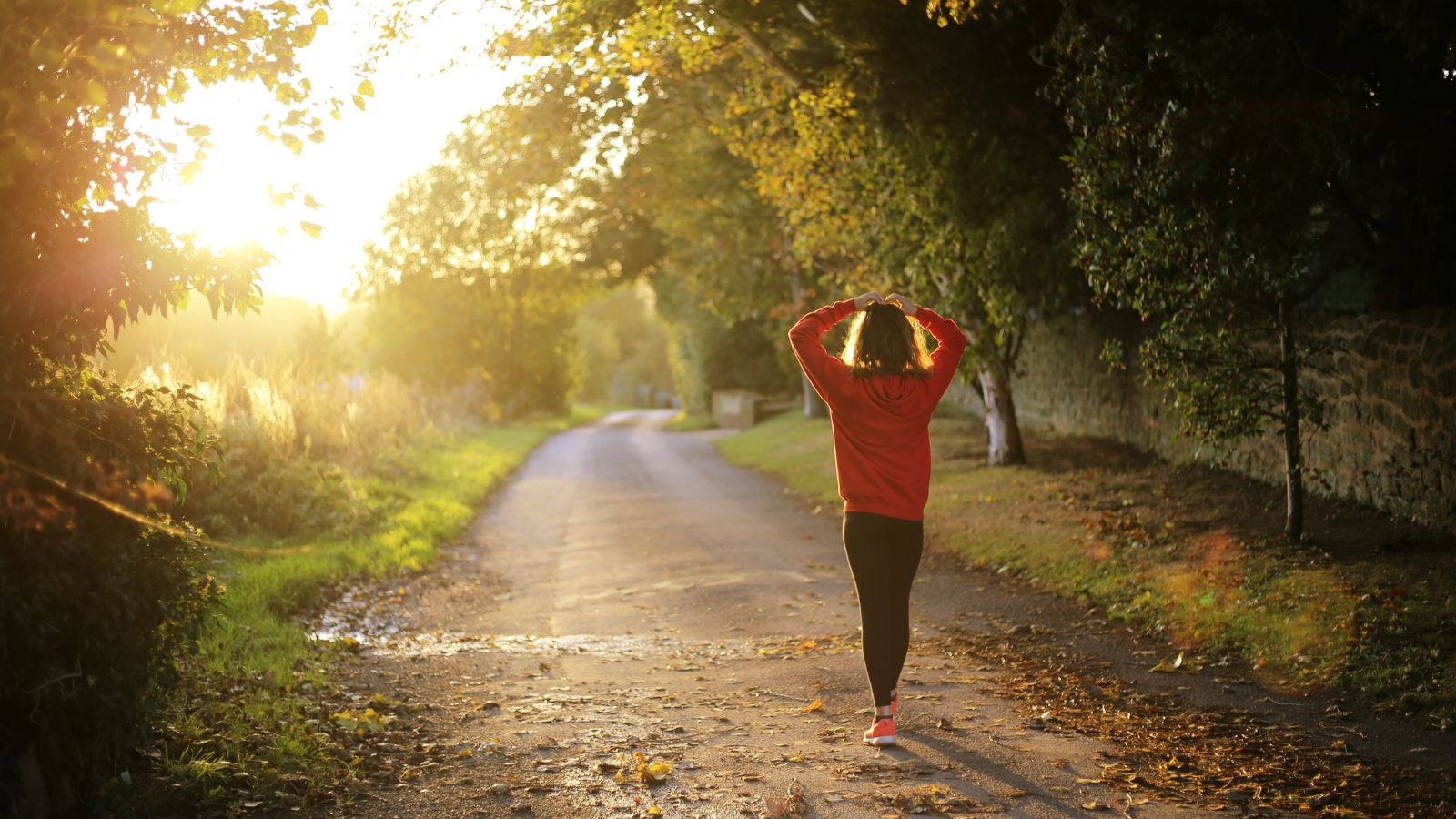The phantom limb phenomenon generally refers to feeling sensations in a limb that is gone, but the same concept exists with outdoor proficiency. Survival through the vast majority of human existence relied on skills such as fire-building, route-finding, and food gathering. Despite the fact that we rarely need such skills in our everyday life, the body and the psyche still retain the imprint of them. When they are gone, individuals can feel lost or underlying stress, as if they are missing a component. Phantom stress manifests more often as restlessness, anticipation, or lack of competence in new environments. In this article, we are going to examine what phantom stress is, how modern life affects outdoor relatedness, why skills are relevant, and what practical steps are necessary for regaining equilibrium.
Table of Contents
ToggleWhat Phantom Limb Effect Means
The phantom limb effect is often used to describe the strange sensation people feel when a missing body part still seems present. The brain holds on to the memory of signals it once received, so even when the limb is gone, the mind continues to create feelings as if it were still there. This idea helps explain a different but similar problem in modern life—phantom stress. For thousands of years, humans relied on outdoor skills to survive, such as reading natural signs, building shelter, or finding food. These skills provided security and balance, giving people confidence in unpredictable environments. When these abilities are no longer used, the brain may still expect them to play a role. Without them, many people feel unsettled or uneasy without fully knowing why. This is phantom stress—a quiet reminder from the mind that an important part of human experience has been left behind.
Lost Connection to Nature
The good news is that phantom stress can be eased by slowly reconnecting with outdoor experiences. It does not mean going back to survival living, but rather practicing simple activities that remind the body and mind of their natural rhythm. A few effective ways include:

- Spending time in green spaces, even short daily walks
- Learning a simple outdoor skill like building a campfire
- Reducing screen time to allow more outdoor focus
- Joining community hikes or outdoor programs
- Practicing calm breathing outside in natural light
Programs at places like Legacy Healing Center often encourage reconnecting with nature as part of mental and emotional recovery. These steps help restore confidence, lower stress, and rebuild balance in everyday life. By adding small but regular outdoor experiences, anyone can begin to reduce phantom stress and rediscover a deeper sense of calm.
Stress in Modern Living
The Following are Some Common Questions People Have About Phantom Stress and Campcraft. These are the Responses that Shed Light on the Connection Between Life and Earth Cycles.
What is phantom stress?
Phantom stress is the unease or restlessness people feel when natural survival skills are no longer used. The body remembers these skills even if they are not practiced, creating a sense that something is missing.
How does modern life increase phantom stress?
Excessive screen exposure, extended periods indoors, and sedentariness boggle the body’s natural equilibrium. Without exposure to nature, the mind remains on high alert, increasing worry and decreasing resilience.
May reconnection with nature alleviate phantom stress?
In fact, even small outdoor practices like brief walking or the acquisition of a simplified skill calm the nerve system. Nature replenishes self-confidence and dispels hidden stress through recollections of the body’s natural rhythm.
Why Outdoor Skills Matter
Building confidence through outdoor skills does not require drastic change. Even small habits can strengthen the connection to nature and reduce phantom stress. Below are practical tips that anyone can try.
- Take a daily walk outdoors to refresh the mind and body
- Spend a few minutes practicing deep breathing in natural light
- Learn simple survival skills like starting a fire or using a compass
- Limit evening screen use and step outside before bedtime
- Join a local hiking group to build outdoor confidence
These small actions reconnect people with skills and rhythms the body remembers. By adding them consistently, phantom stress begins to fade, and a stronger balance returns.
Steps to Rebuild Confidence
One way to deconstruct phantom stress is observing true experiences. One young professional complained of being agitated and on edge despite being cooped up indoors all day at work. Weekends were spent online, and they felt drained rather than refreshed. A beginner outdoor skills course introduced them to practical skills like starting a campfire, knotting, and minimal navigation. At first, the skills felt redundant, but later, the individual reported feeling different. They felt more confident, and their level of stress reduced. Evenings seemed more peaceful. They explained that it had nothing to do with survival, but more with feeling competent outdoors again.
82% of individuals are less stressed after frequent time spent outdoors
It is proven through professionals that even slight outdoor practice relieves anxiety and regains balance. The brain responds positively upon reactivation of known skills, even if practiced just in recreational contexts. This builds up trust within the process and evidence that the solutions are within reach.
This extremely brief-case illustrates how incrementally regaining one’s confidence can alleviate phantom stress. Faith builds where one sees outcomes in one’s daily life. Recreating outdoor living does not require sudden change, but gradual steps, which restore the body’s and mind’s rhythm in harmony with nature’s beat.
Finding Balance Again
Phantom stress reminds us that the human body and mind are still wired for natural skills. While modern life makes those skills less necessary, reconnecting with nature can restore balance. The phantom limb effect of lost outdoor skills does not have to control daily life. By practicing small habits and rebuilding confidence outdoors, anyone can reduce hidden stress. Start today by stepping outside, breathing deeply, and remembering that nature holds the key to calming phantom stress.





